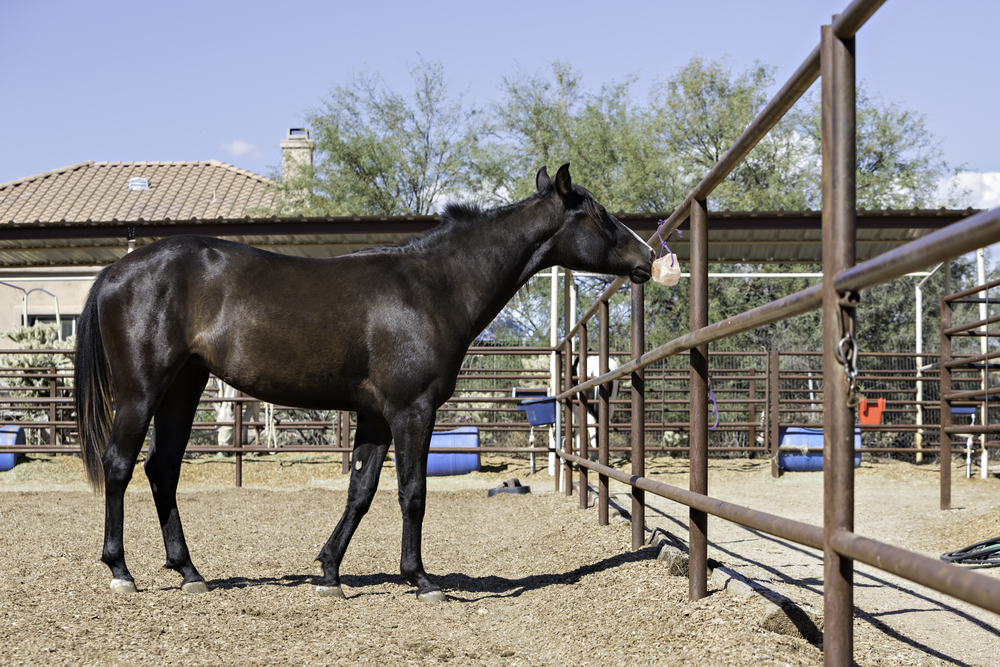
There’s an increasing variety of horse feeds available, but while choice is a good thing, selecting the right feed, or blend of feeds among the options available can be confusing.
This guide looks specifically at balancers to give you an insight into what they are, how to use them and their benefits, so that you can make an informed choice.
What are balancers?
Balancers are small, nutrient dense feeds (often pellets) formulated to provide a concentrated source of vitamins, minerals and quality protein alongside a negligible level of energy (calories). Depending on the horse feed balancer you choose, they may also contain added functional ingredients such as probiotic live yeast or glucosamine.
When might a balancer be helpful?
- Good doers on forage only diets
- Horses and ponies fed less than the recommended ration of compound feed – compound feeds will only provide a balanced diet if they fed at the recommended ration
- Horses and ponies on feeds that do not contain added vitamins and minerals such as alfalfa, grass nuts, straights and sugar beet
- Horses and ponies in hard work that maintain weight easily on low energy feeds such ‘Horse and Pony Cubes’ which are designed for horses in light work.
Why do horses or ponies need balancers?
Whilst feeding the recommended ration of compound feed will ensure your horse or pony receives a balanced diet, those on forage only diets or less than the recommended ration of feed are unlikely to receive sufficient levels of some key vitamins, minerals and amino acids.
- Levels of copper, zinc and selenium are typically low in UK forage, regardless of the season.
- Levels of lysine, the most important amino acid (building block of protein), are typically low in UK grazing and may not meet maintenance requirements. Whilst broad spectrum supplements provide vitamins and minerals, they often don’t include amino acids. Lysine is of particular importance as the extent to which other amino acids can be utilised is dependent on lysine requirements being met.
- Whilst fresh grass may provide enough vitamin E for horses in light work, levels in hay and haylage may be negligible.
- Unless otherwise supplemented, the diets of horses and ponies that are stabled or rugged for long periods may be deficient in vitamin D. Horses produce vitamin D in the presence of UV light which is why it is sometimes referred to as the sunshine vitamin.
Tips for choosing a balancer
- Start by considering your horse’s forage intake– a horse on restricted grazing and soaked hay will require higher levels of certain nutrients than a horse turned out on spring grass 24/7
- Consider which if any functional ingredients may be most beneficial for your horse. If you are not looking for added joint, digestive or immune support, look for balancer that simply provides the added nutrients required to balance a forage based diet
- Consider choosing a balancer that does not contain added iron – iron is often oversupplied in forage based diets, even for horses on restricted rations.
- If you are competing under FEI rules make sure the balancer you choose is BETA NOPS approved.
There are more informative articles in our section on Health & Education.

































